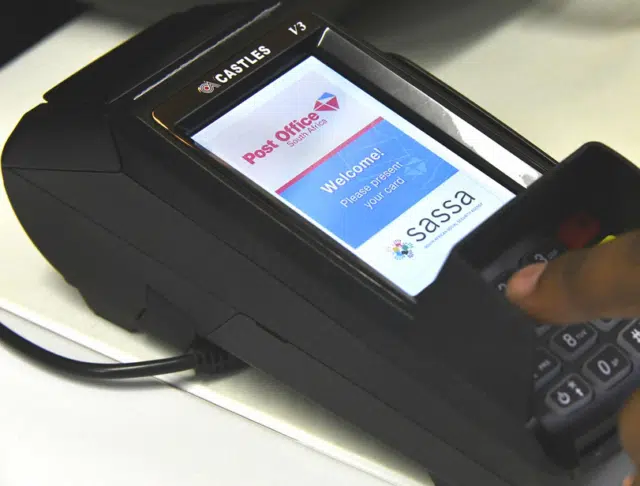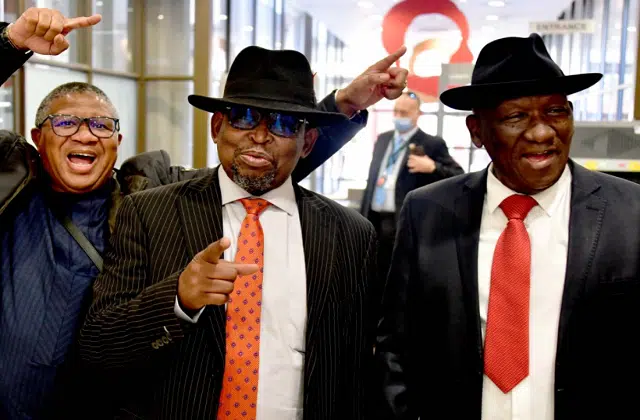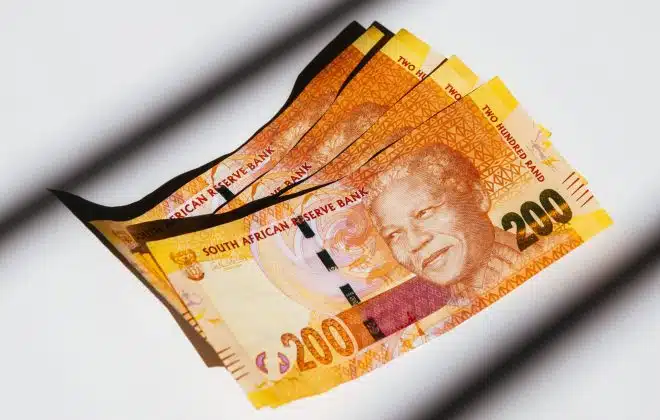
R540 million looted from social grants in South Africa
The Department of Social Development says that over 1,100 people have “unduly benefited” from social grants in the country over the last decade through fraud and corruption, taking at least R540 million with them.
Responding in a written parliamentary Q&A this past week, social development minister Lindiwe Zulu said that many fraud and corruption cases are still under investigation, so the full scale of the losses is not yet known.
However, the current estimate is R536.7 million, against a budget of R1.5 trillion since the 2012/13 financial year.
For the period from 2012/2013 to the 2021/2022 financial year, 1,174 persons were suspected of having unduly benefited from the social grant system leading to cases referred to law enforcement, she said.
The majority of the persons identified were from the department itself, with 761 officials nailed for fraud and corruption.
Beneficiaries were also identified (221) as having unduly benefitted, with money lenders also guilty (120). Private persons, doctors, SASSA officials and CPS officials were also identified over the years.
There have been ongoing concerns about corruption surrounding grants in South Africa, particularly amid calls for the R350 social distress relief (SRD) grant to be expanded or turned into a permanent basic income grant in the country.
Earlier in 2022, Zulu noted that thousands of public servants had exploited South Africa’s R350 SRD grant process, costing the state millions of rands.
A December 2021 report from the office of the auditor-general identified that at least 5,812 public servants fraudulently applied for and received the R350 SRD grant, at a cost of R5.8 million.
Despite this, there has been a concerted push from the department to keep the grant going – backed by voices within the ANC looking to install a permanent basic income grant in the country.
National Treasury has voiced its opposition to the campaign.
The Treasury said that extending a temporary R350 monthly grant introduced in 2020 to shield the vulnerable against the fallout from the coronavirus pandemic would cost at least R50 billion a year.
The only way to secure the money would be to raise taxes, incur new debt or reallocate funds, and none of those options was desirable, it said.
Finance minister Enoch Godongwana will table the Medium-Term Budget next week (26 October), where mention of the grant or any extensions thereof are expected to be made.




